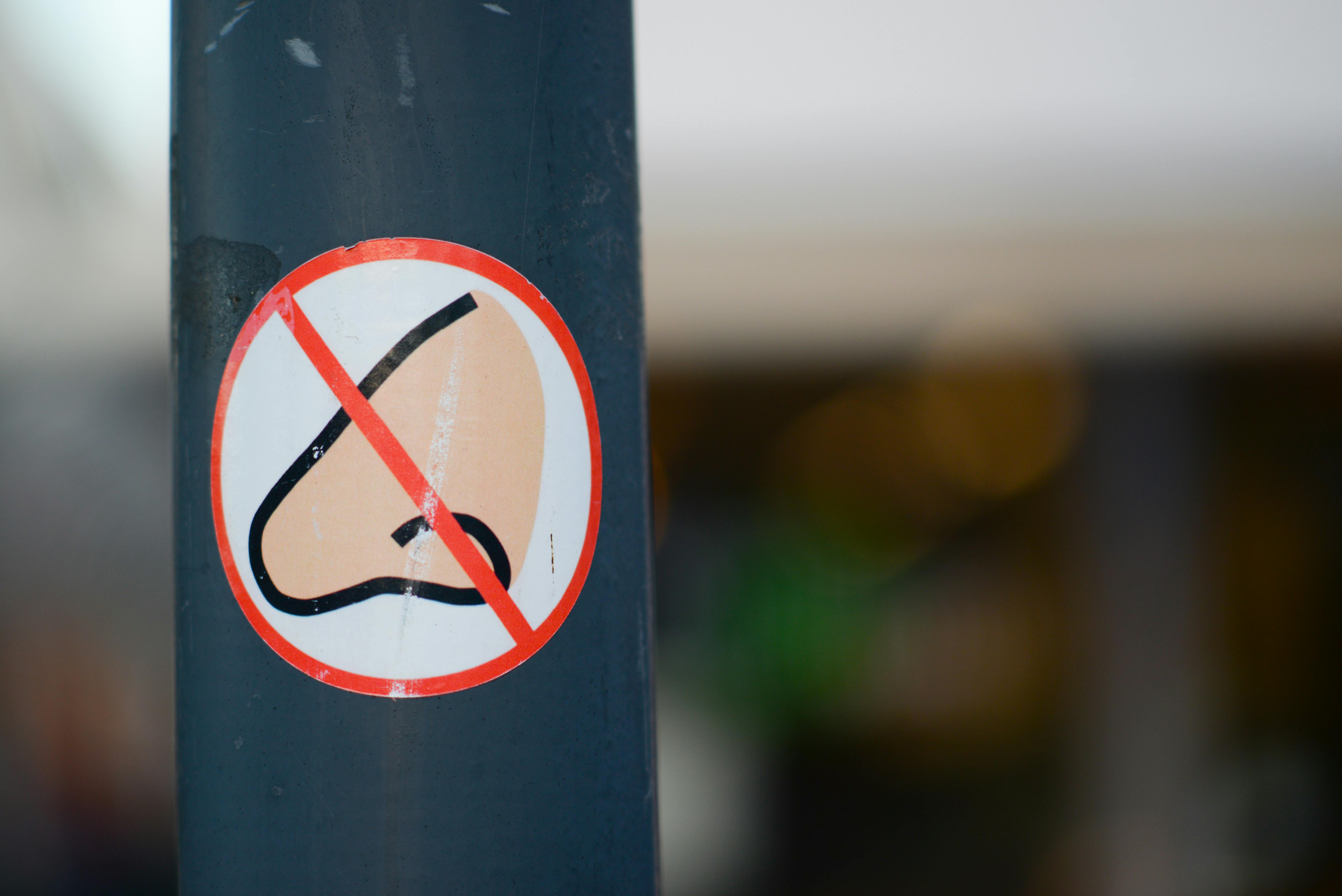Runny Nose and Teething
Runny nose is a common symptom seen in babies during the teething stage. Teething is when a baby’s first set of teeth start to come in, usually around four to seven months of age. During this time, there can be a number of uncomfortable symptoms for the baby, including an increase in saliva production, drooling, gum sensitivity, and a runny nose. The runny nose that is seen with teething is usually caused by the increased saliva production, which can cause irritation in the nasal passages. This can lead to congestion and increased mucus production.
It is important to note that there are other possible causes of a runny nose in babies that are not related to teething. These include illnesses such as colds or allergies, which should be treated accordingly by a doctor. It is also important to remember that even if your baby has a runny nose due to teething, it may still be necessary to use saline drops or a nasal aspirator to help keep their nose clear of mucus. If your baby’s runny nose persists for more than three days or if it is accompanied by other symptoms such as fever or difficulty breathing, it is important to speak with your doctor right away for proper diagnosis and treatment.
Runny Nose: Sign of Teething?
Runny nose is one of the most common signs of teething in babies and toddlers. It typically appears when new teeth start to break through the gums. The increased saliva production and drooling that comes with teething can cause nasal congestion and a runny nose. As the baby or toddler rubs their gums, their nose can become red and irritated from the rubbing.
When a baby or toddler has a runny nose, it is important to check for other symptoms associated with teething. These may include excessive drooling, increased fussiness, biting on objects, chewing on their hands, or swollen gums. If any of these symptoms are present in addition to a runny nose, it is likely that teething is the cause.
However, a runny nose may not always be caused by teething. Allergies, colds, and other illnesses can also cause a runny nose in babies and toddlers. If your child’s runny nose does not go away after a few days or if it is accompanied by fever or other symptoms such as coughing or sneezing, you should contact your doctor for an evaluation of possible illness.
In conclusion, while a runny nose is often associated with teething in babies and toddlers, it is not always the case. It is important to watch for other symptoms associated with teething and contact your doctor if your child’s runny nose persists or if there are other signs of illness present.
Signs of Teething
Parents can typically tell when their child is teething by looking for certain signs and symptoms. Common signs include drooling, increased fussiness, a desire to chew on things, swollen or tender gums, and a low-grade fever. It is also possible for the child to have mild diarrhea or a runny nose during this time. If any of these signs are present, it is likely that the child is teething.
It is important to note that not every child will experience all of the aforementioned symptoms while teething. Some may only exhibit one or two and others may not show any signs at all. If parents are unsure whether their child is teething or not, they should talk to their pediatrician for advice.

What Are Other Signs of Teething Besides Runny Nose?
Teething is an exciting time for both parents and babies. While it can be uncomfortable for your little one, it is a natural part of growing up. While a runny nose is one of the most common signs of teething, there are other signs that may indicate your baby is getting ready to cut some teeth. These include increased drooling, irritability, chewing on objects, swollen gums, and more.
Increased Drooling: As teeth push through the gums, babies will often drool more than usual. This is because their salivary glands are working overtime to lubricate the area and provide relief from the discomfort.
Irritability: Teething can be a painful process for babies, which can make them cranky and easily agitated. If your baby seems more irritable than usual, it may be due to teething pains.
Chewing on Objects: Babies often try to soothe their gums by chewing on objects like toys or even their fingers. This can help relieve some of the pressure from their emerging teeth.
Swollen Gums: As teeth begin to come in, your baby’s gums may appear swollen or inflamed. You may also notice white spots around where the tooth is pushing through the gum line.
Low-Grade Fever: While not common, some babies may experience a low-grade fever when teething as well as swollen lymph nodes in their neck area. If your baby has a fever over 101°F (38°C), contact your doctor immediately as this could indicate an infection or other underlying issue that requires medical attention.
These are all signs that your baby may be teething even if they don’t have a runny nose or other cold symptoms at the same time. If you’re concerned about any of these symptoms or if your baby is experiencing any additional pain or discomfort related to teething, contact your pediatrician for advice on how best to help them feel better.
How Can Parents Help Relieve Discomfort From Teething?
Teething can be an uncomfortable experience for babies, and parents may feel helpless when their little ones are in pain. However, there are several ways that parents can help ease their baby’s teething discomfort. Cold liquids and foods can offer relief from the pain of teething as the cold temperatures soothe the tender gums. Parents can also offer firm rubber teethers to their babies to chew on. These teethers can massage the sore gums while babies enjoy the act of chewing. For infants who are still nursing, it is important to encourage them to continue with regular feedings as breastfeeding can provide comfort during this time. Additionally, parents may opt for over-the-counter medications such as oral pain relievers or topical ointments that may help reduce inflammation and pain in their baby’s gums. Finally, providing extra cuddle time and reassurance to your baby during this period of discomfort can go a long way in helping them feel better.
It is important for parents to understand that teething is a natural process that every baby will experience at some point in their life. Knowing how to help relieve your baby’s discomfort during this phase will make it easier for both you and your little one.
Runny Nose Caused by Something Other Than Teething
A runny nose can be caused by a number of things, not just teething. Allergies, colds, sinus infections, and even environmental factors can all cause a runny nose. Allergies are usually the most common cause of a runny nose when it is not related to teething. Pollen, dust mites, pet dander, and other airborne particles can all irritate the nasal passages and cause excessive mucus production and drainage.
Colds are another common cause of a runny nose that is unrelated to teething. Colds are caused by viruses that enter your body through the nose or mouth. These viruses will irritate the nasal passages and cause your body to produce extra mucus in an attempt to flush out the virus. This mucus can then drip from your nose or you may have to blow your nose more often than usual.
Sinus infections are another possible cause of a runny nose. These infections occur when bacteria enters one or more of your sinuses and causes inflammation. This inflammation will then lead to increased mucus production which will drain from your nose or require you to blow it out frequently.
Finally, environmental factors such as changes in barometric pressure or humidity levels can also cause a runny nose. These changes in weather can irritate the nasal passages and lead to increased mucus production and drainage from the nose. So even if you’re not teething, you may still have a runny nose due to these environmental factors!

Conclusion
A runny nose is not a definite sign of teething. Teething can cause a mild increase in body temperature, irritability, and increased drooling. While a runny nose is occasionally seen in infants during the teething process, other causes such as allergies or illnesses should be ruled out first.
Parents should always consult with their child’s pediatrician if they have any concerns about their child’s health or if they are unsure of what might be causing their child’s symptoms. If teething is the suspected cause, there are several methods parents can use to help their baby through the process including massaging the gums with a finger or using a cold object such as a chilled teething ring for relief.
Overall, it is important to remember that while runny noses can occur in infants during teething, there may be other underlying causes as well. For this reason, it is essential that parents keep an eye on their infant and contact their pediatrician if any further concerns arise.
